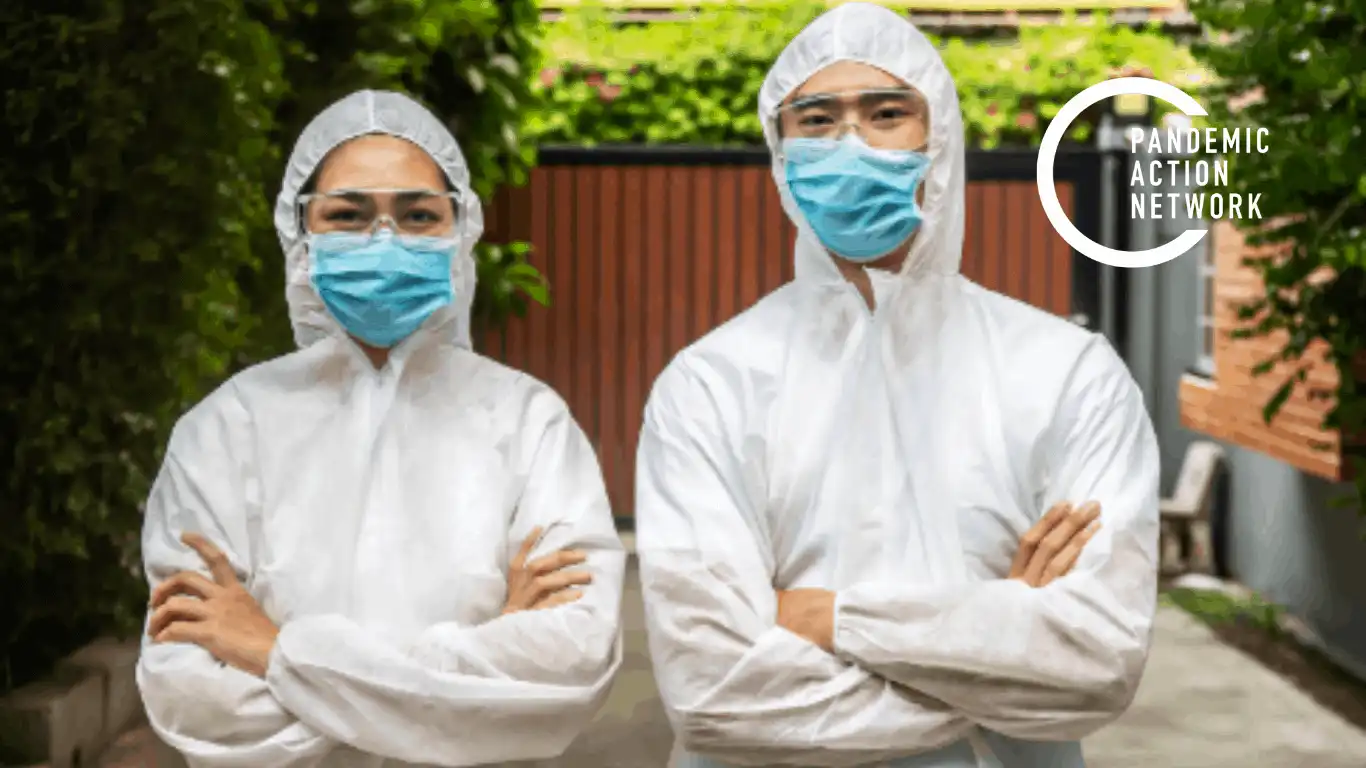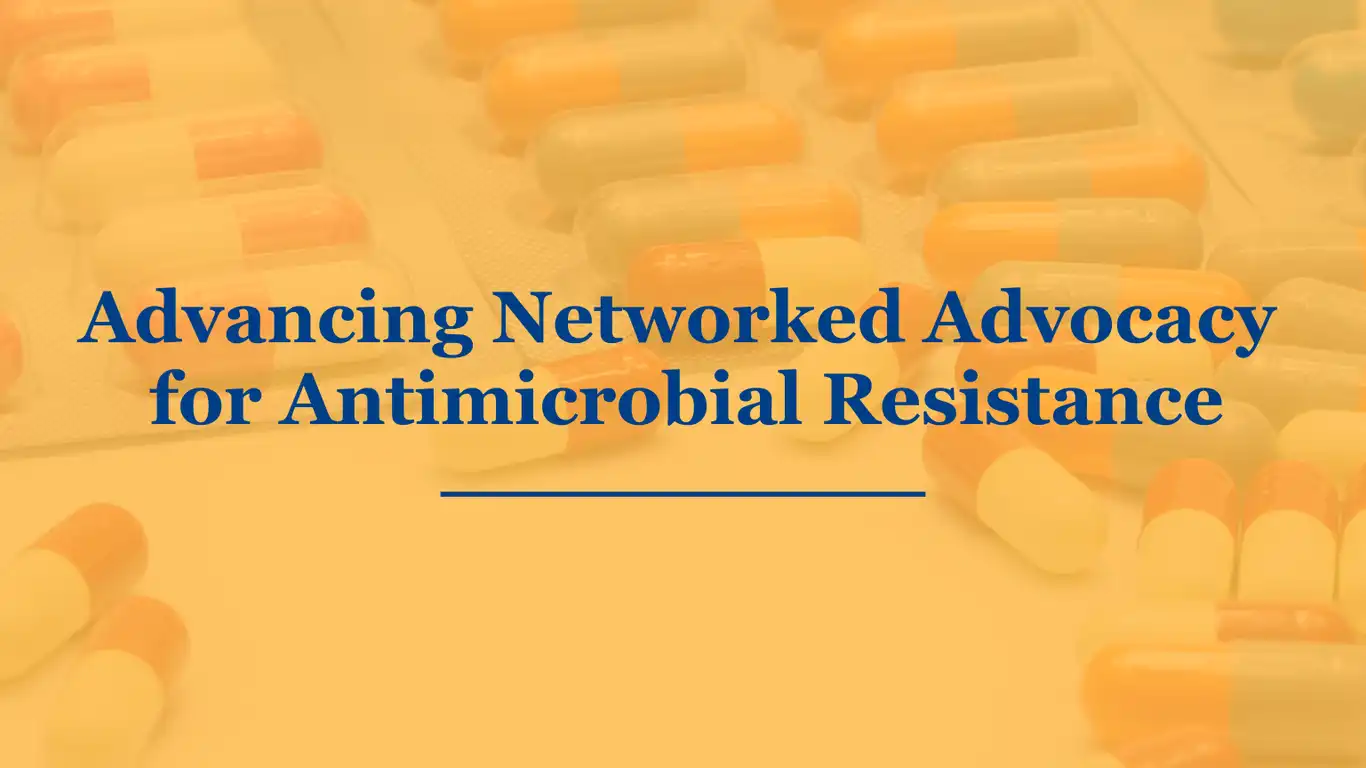By Amanda McClelland, Senior Vice President, Resolve to Save Lives
The COVID-19 pandemic has been unprecedented in many ways. But in at least one respect, it is tragically similar to other outbreaks of infectious disease: health care workers have not been provided adequate protections and have been hit disproportionately hard.
The World Health Organization estimates at least 30,000 health care workers have already died from COVID-19. Health care workers are so critical to our response to COVID-19 and other epidemics that it’s difficult to imagine what the response would look like without them. Times like this are when we need health care workers most; we depend on them to work intimately with patients, providing both lifesaving care and comfort, even when that means putting their own lives on the line. And although health care workers’ heroism and sacrifices during COVID-19 have been loudly applauded, this well-deserved recognition can hide another truth: these sacrifices—of time, well-being, even their lives—are largely avoidable. By not prioritizing and investing in the safety of health care workers, governments around the world have chosen, once again, words over deeds.
As a nurse, I know firsthand what it is like to be on the frontline of an epidemic without sufficient support. When you don’t have the resources, equipment, policies, training, guidelines or other support you need, it puts you, your patients and your health system at risk.
But there is good news. Protecting health care workers is easier than you think. In a new report, Resolve to Save Lives and partners highlight the risks health care workers face, and break down what governments, NGOs, donors, and advocates can do to start protecting health care workers better today:
- Put measures proven to prevent and control the spread of infection in place. Health facilities everywhere need clean water, sanitation, and hygiene protocols (also known as WASH standards). Other necessary improvements include increased ventilation, and standards to triage and isolate patients. Adequate personal protective equipment (PPE), including masks, hand sanitizer, and gowns are also needed.
- Provide training on how to prevent and control infections for health care workers at all levels. Stopping the spread of infections means following best practices—health care workers need quality training (and frequent updates) on how to keep themselves, and their patients safe.
- Advocate for laws and policies that support health care workers, in and out of the workplace. Employer-sponsored benefits like paid sick leave and access to mental health services allow health care workers to care for themselves, which makes them better able to care for patients. Burn out is a serious threat to the health workforce, a field which already faces critical shortages around the world. This also means prioritizing health care workers everywhere—not just in wealthy countries—to receive COVID-19 vaccines immediately.
- Collect data on health care worker infections and protections and use it to improve safety practices. Tracking factors like handwashing, hospital-associated infections, availability of PPE, and adequate water and sanitation in health care facilities can help to identify gaps. International leaders like the World Health Organization should prioritize this issue and use available data to publish regular reports and recommendations for improvement.
Take action to advance these critical recommendations!
Read the full report from Resolve to Save Lives: Protecting Health Care Workers, A Need for Urgent Action
Share on social media: Protecting Health Care Workers Social Toolkit
Amanda McClelland is the senior vice-president of the Prevent Epidemics team at Resolve to Save Lives. A registered nurse, she has more than 20 years of experience in primary health care, global health and responding to natural disasters, conflict and epidemics in more than 15 countries including the West Africa Ebola response.
Resolve to Save Lives was created to save 100 million lives from cardiovascular disease and to prevent epidemics. Resolve to Save Lives provides catalytic funding to countries interested in improving epidemic preparedness or their citizens’ heart health.



